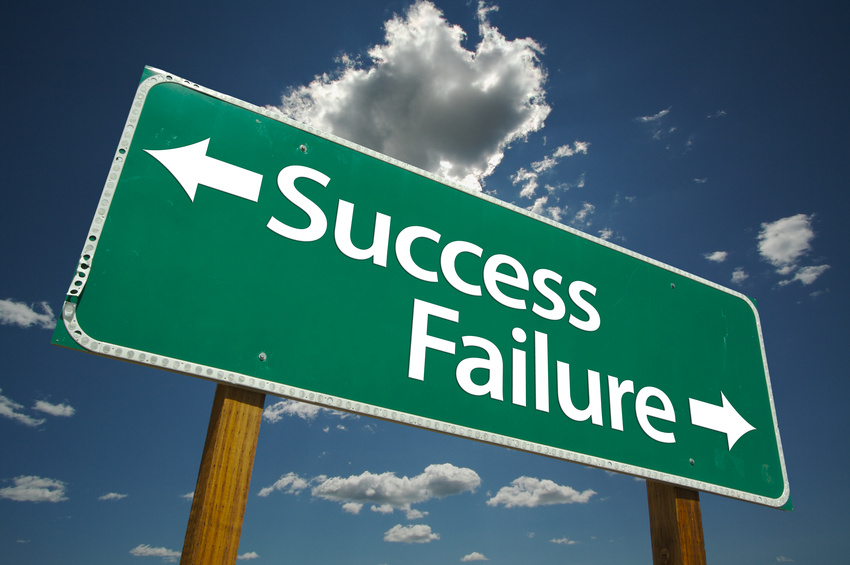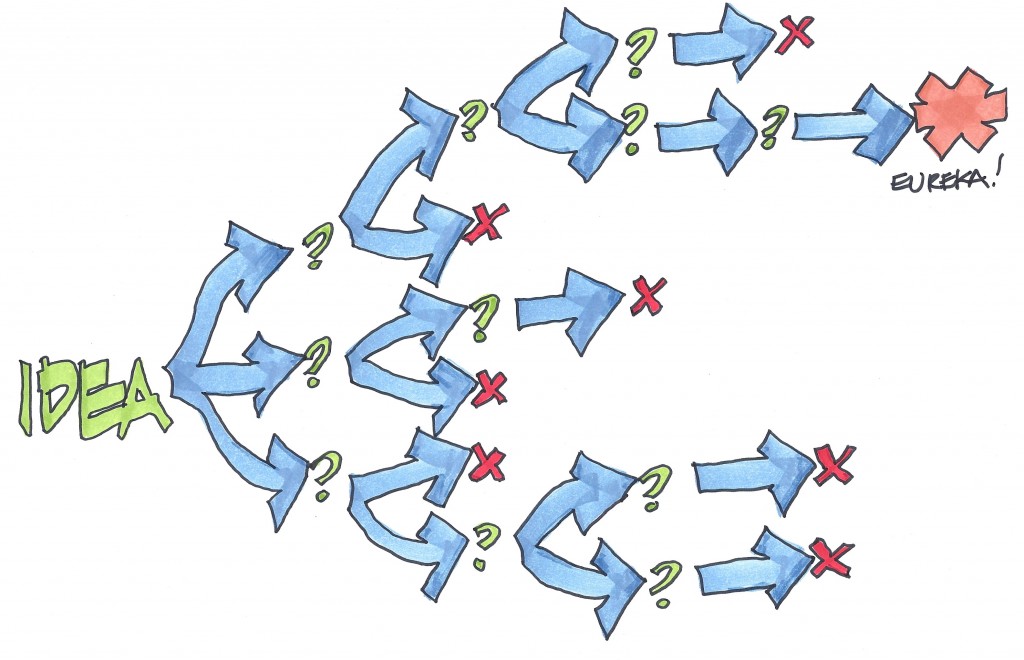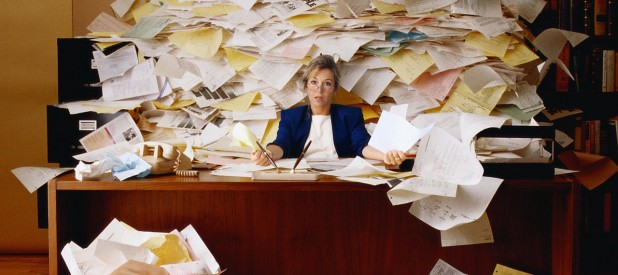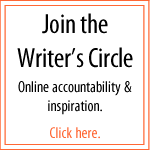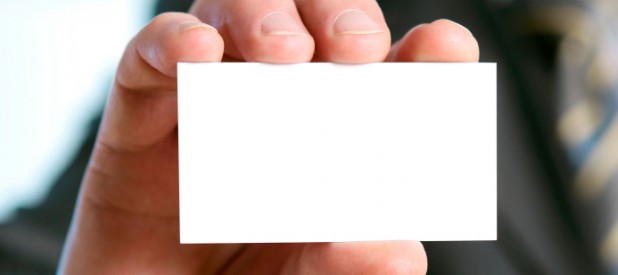Two inner conversations about taking the day off from writing, in which we explore the inner workings of the procrastinator and the recovered procrastinator. :)
Observe.
Conversation 1. The Procrastinator
Daybreak.
“Oh god. It’s too early. I don’t want to write. Besides, I need a day off. I mean, I’ve been pushing myself so hard and everything going on right now is just so stressful. Plus I couldn’t sleep well last night. I really just need some down time to regroup and get in the mood to write. There’s no point otherwise, right? I’ll just take the morning off and write in the afternoon.”
Later that morning.
“This is great! See, I really just needed some time to goof off. I can write later, it’ll be fine.”
Mid-day.
“Okay, wow, that was great. Maybe I should start writing now. But I better check my email first. And I’ve got to call Kathy too. Plus my desk is disorganized, I’ll never be able to concentrate on my writing, I better clear it off. THEN I’ll really be able to focus.”
Later.
“Where did the day go? I’m exhausted. There’s no way I can write now. I better just start over tomorrow. I can write early, when I wake up. That’ll get me back on track.”
And, repeat.
Conversation 2. The Recovered Procrastinator
Daybreak.
“I get to take today off! I hit that major milestone with my draft yesterday. I’m going to celebrate today by putting my feet up and savoring a full, glorious day of guilt-free indulgence and enjoyment. Then back to the writing tomorrow, until I hit the next milestone.”
And, repeat.
What a difference, right?
And the best part is how it FEELS inside. So. Much. Better.
Your turn
What do you think? How does procrastination FEEL to you? How does truly rewarding yourself feel when you’ve made a major accomplishment? What’s that worth to you?
Share your comments on the blog.
Warmly,

You may also be interested in:
- Why we procrastinate, especially about the stuff that really matters.
- The awkwardness of building a new writing habit


